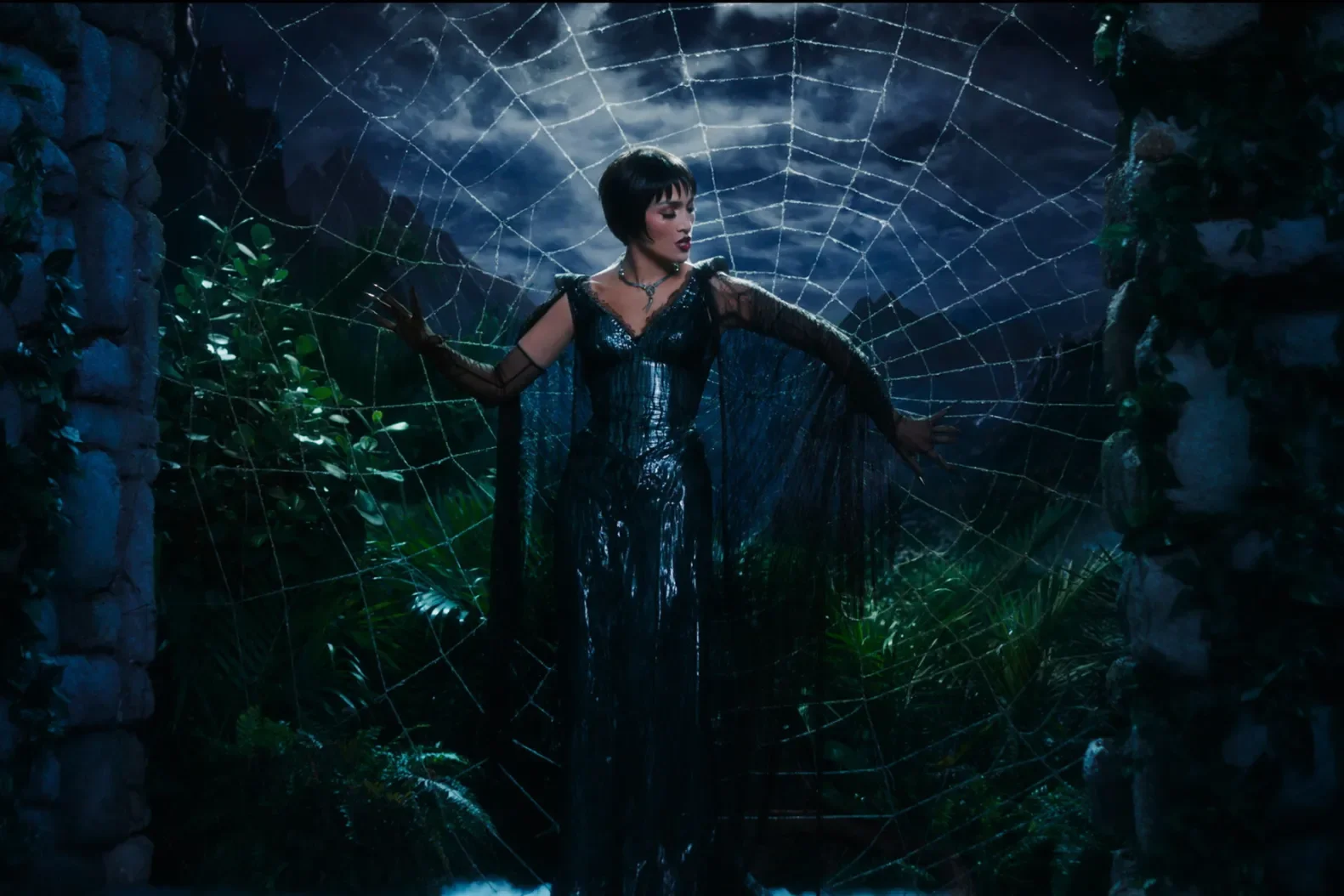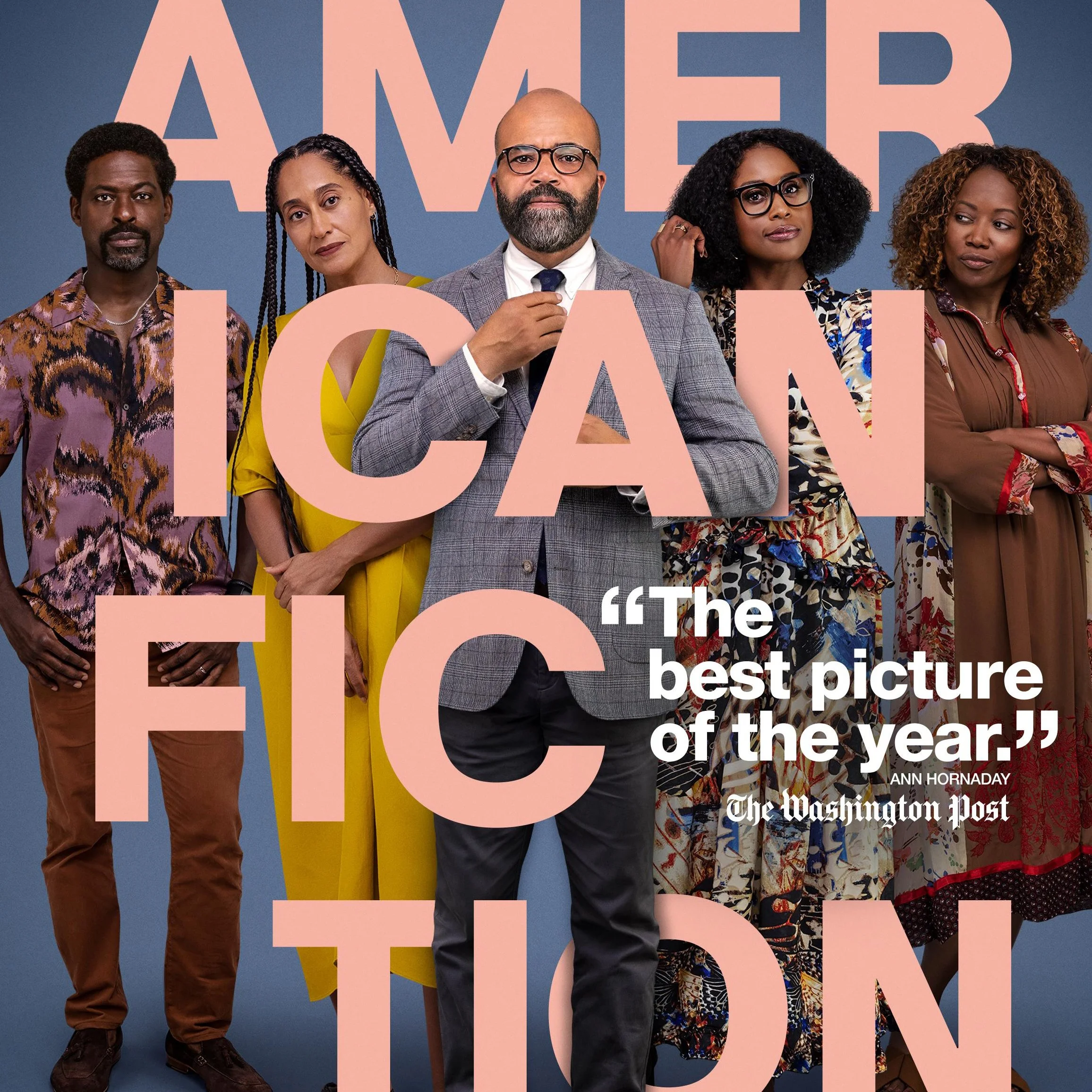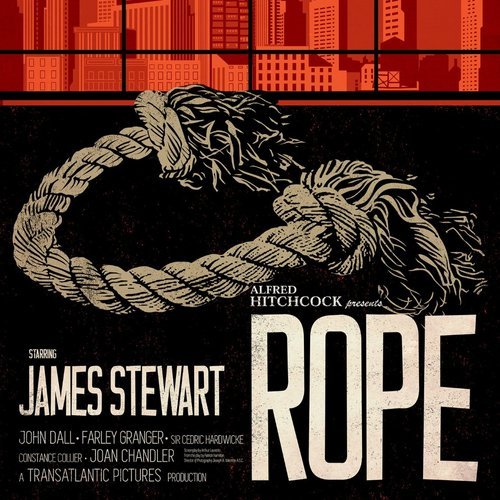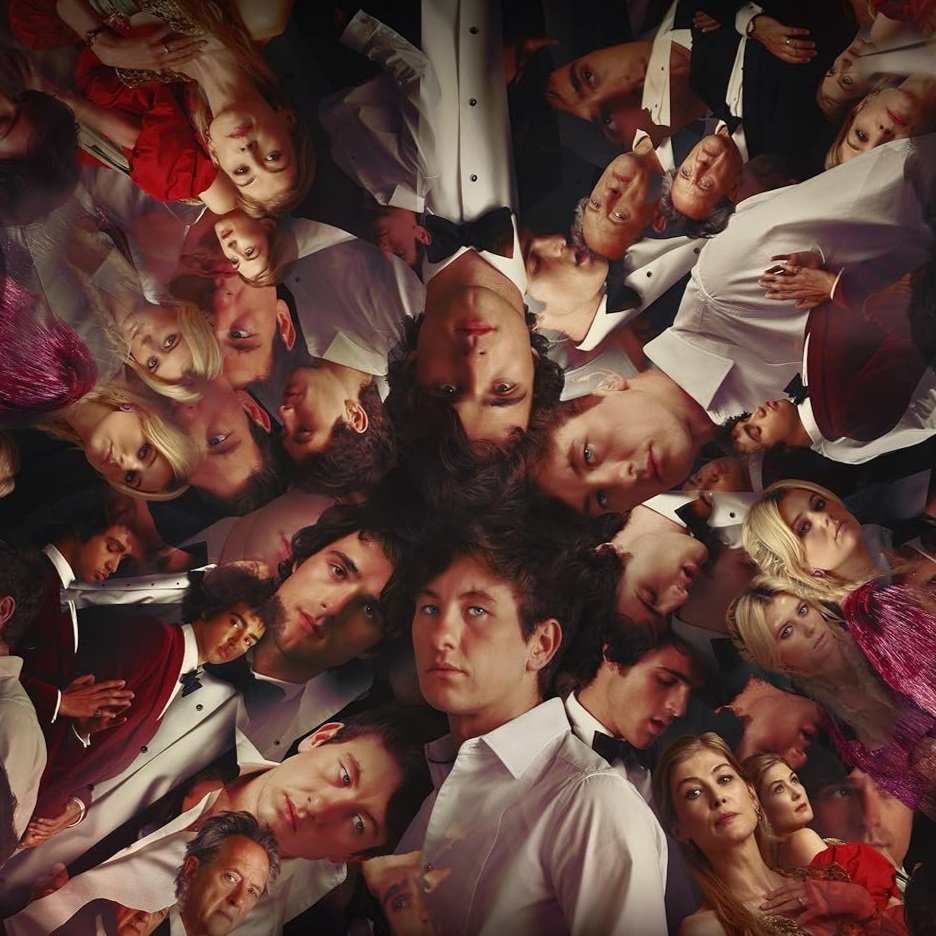American Fiction Says Stop Being So Sensitive
The creative impasse is perhaps every writer’s worst nightmare. The frustration that accompanies a permanently blank page eases for a moment with the first sentence, only for it to be deleted moments later with a groan. The pressure to publish is even greater for professors of elite institutions, who are taught to prioritize their books over the curriculum. The wittiest film of 2024 thus far, American Fiction, complicates this pressure with the questionable racial politics of the publishing world, ultimately telling the public to calm the f**k down.
The first scene of American Fiction captures Thelonious “Monk” Ellison’s students’ reactions to him writing the n-word on the whiteboard. A white student overreacts and leaves the room, while he, a Black man, calmly says “With all due respect, if I’ve gotten over it, I think you can too”. The following scene sees him reap the consequences: a forced break from the university. These first two scenes cleverly set up the film’s tone: a sharp social commentary on white fragility told through comedy that will make the average white person reexamine their behavior in the newly woke America.
Based on the novel Erasure by Percival Everett, American Fiction follows Monk (Jeffrey Wright), a novelist and professor, as he tries to balance family drama with the struggle to publish his newest novel while on his ‘sabbatical’. There’s only one problem: publishers don't consider his books Black enough. Monk churns out exquisite literature without racial connotations, while the publishing world and public alike seem to demand a book detailing the gritty experience of a Black man in America. After his book is rejected Monk returns home to visit his mother, Agnes (Leslie Uggams), sister, Lisa (Tracee Ellis Ross), and family friend Lorraine (Myra Lucretia Taylor).
While home in Boston, Monk encounters the new novelist Sintara Golden (Issa Rae) as she promotes her novel, comically titled We’s Lives in Da Ghetto. While Monk at first deems this book exploitative of Black people, he realizes that in order to receive recognition as a writer, he needs to fall in line and publish what he coins as trauma porn. In revealing the theme of the film in one line, Monk’s editor Arthur (John Ortiz) says it best: “White people think they want the truth but they don’t. They really just want to be absolved”. Monk tries to fight this narrative, but eventually gives in. As a joke he writes a novel with deadbeat dads, rappers, and crack, what he calls “Black Stuff”, only for it to be bought for $750,000. Monk plays along for the money, but the implications of his novel, written only out of spite, slowly spiral out of his control.
Through the hilarious conversations between Monk and his clueless publishers Paula (Miriam Shor) and John (Michael Cyril Creighton), American Fiction skillfully demonstrates how woke America completely missed the mark and overcorrected its behavior in the wake of Black Lives Matter. Rather than accept all stories from Black authors, they demand only the most traumatic and cliché stories to fill up the “African American Studies” section of the bookstore. The film doesn’t lean too far into the racial politics, choosing to blend the narrative with the truly universal story of family drama and romance. In doing so, American Fiction’s plot demonstrates Monk’s argument that Black authors don’t have to write about the Black experience in America. Removing the plot’s racial aspects reveals that the film could be written from anyone’s perspective, regardless of race. Most simply, it is a story about a frustrated author who begins a romance while trying to care for his family.
The only thing better than American Fiction’s narrative is its casting. On the surface, Monk is a fairly predictable character. He’s a struggling author who is tired and cynical, having resorted to academia to make a living. Jeffrey Wright deepens Monk’s personality with his near-perfect comedic timing and wavering empathy. Monk’s behavior is never consistent, as he toes the line between someone giving up on life and someone trying to better themselves for their family. This vacillating character development enchants the viewer, gluing them to their seat.
The other shining star of the film is Monk’s brother, Curtis (Sterling K. Brown). While Wright delivers an exceptional performance, Brown is simply magnetic and steals every scene. He possesses a unique charisma that accentuates the behavior of a newly-outed gay man who uses quick-witted sarcasm to hide the struggles of forming a new identity midway through life. With sharp supporting performances by Issa Rae, Adam Brody, John Ortiz, and Miriam Shor, the acting in American Fiction is nothing short of outstanding.
“It’s the most lucrative joke you’ve ever told”. When money starts rolling into Monk’s hands after his book deal, American Fiction calls attention to the question on every college graduate’s mind: “What is more important, money or passion?”. It’s an age-old concern that only a handful of people get to ignore. The film critiques the necessity of this choice, highlighting how Monk’s best work goes unnoticed, while a novel he wrote in one night is worthy of a $4 million movie deal. In just under two hours, American Fiction manages to pick apart the worst aspects of today’s society without compromising its entertainment value.
American Fiction was directed by a writer, and it shows. In his directorial debut, Cord Jefferson emerges victorious with limited mistakes. He makes all of the right choices, prioritizing the plot above all else. By limiting the costumes, set, and backdrop, Jefferson provides the much needed room for Jeffrey Wright to bring Everett’s story to life.
Somehow, the film’s conclusion manages to be simultaneously unpredictable as well as predictable. It goes against every lesson the film aims to teach. In doing so, it serves a broader purpose, reminding audiences that in today’s political climate, the proper etiquette regarding race relations is hardly ever absorbed by society at large, so the unexpected should always be expected.
Popular Reviews







































